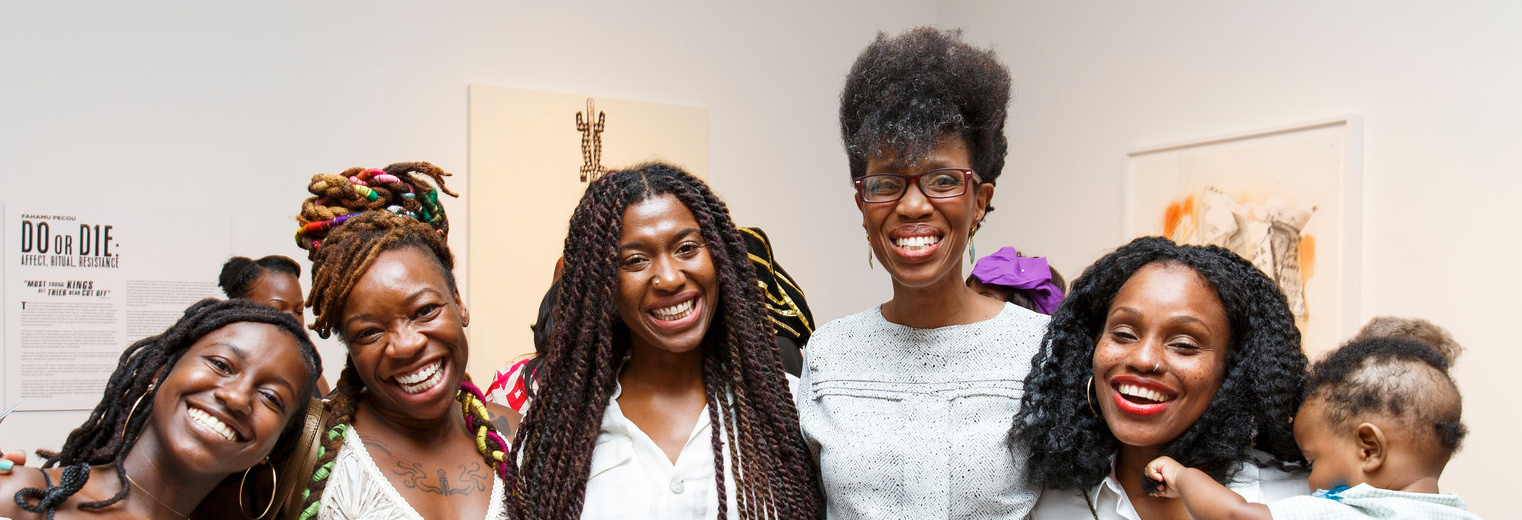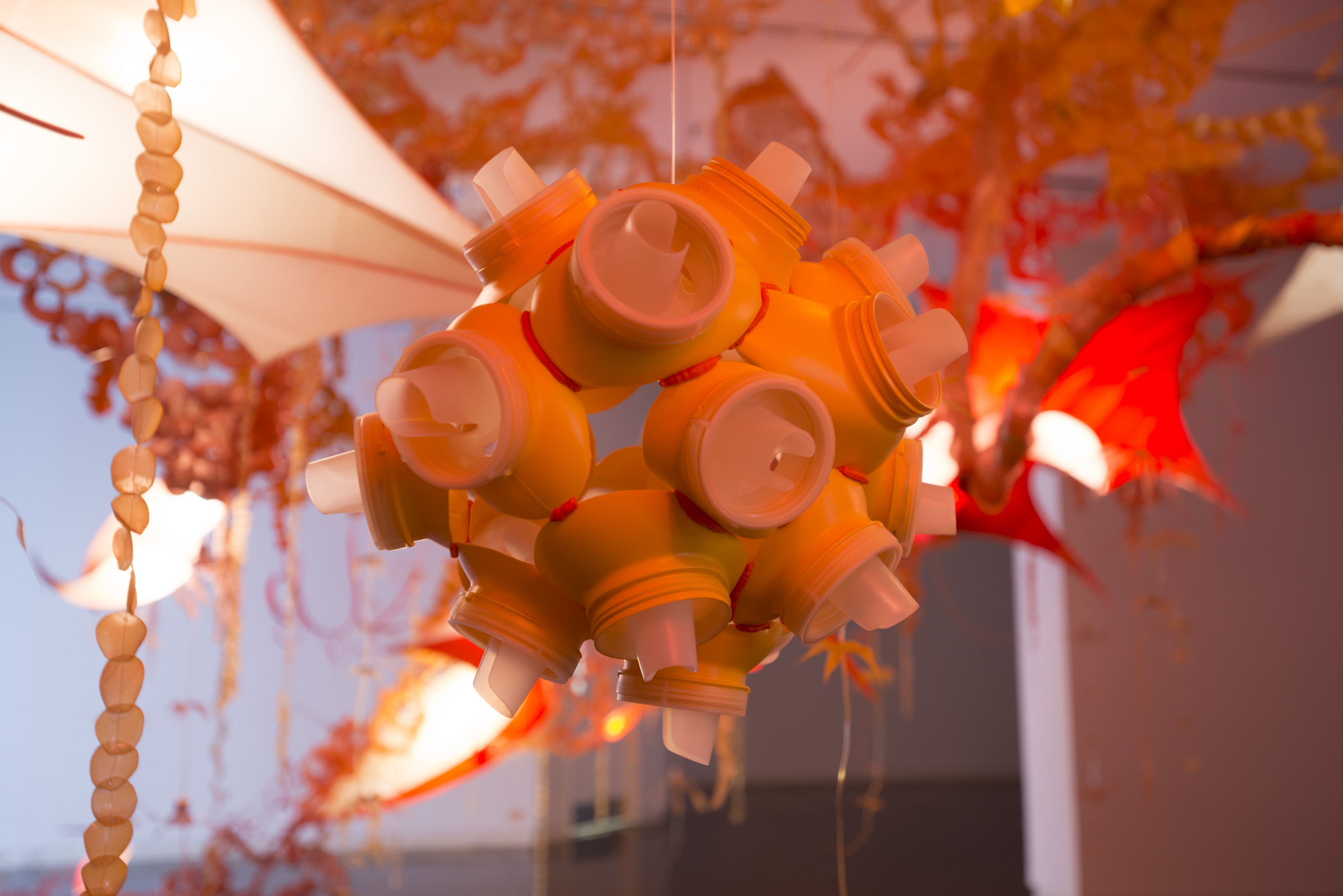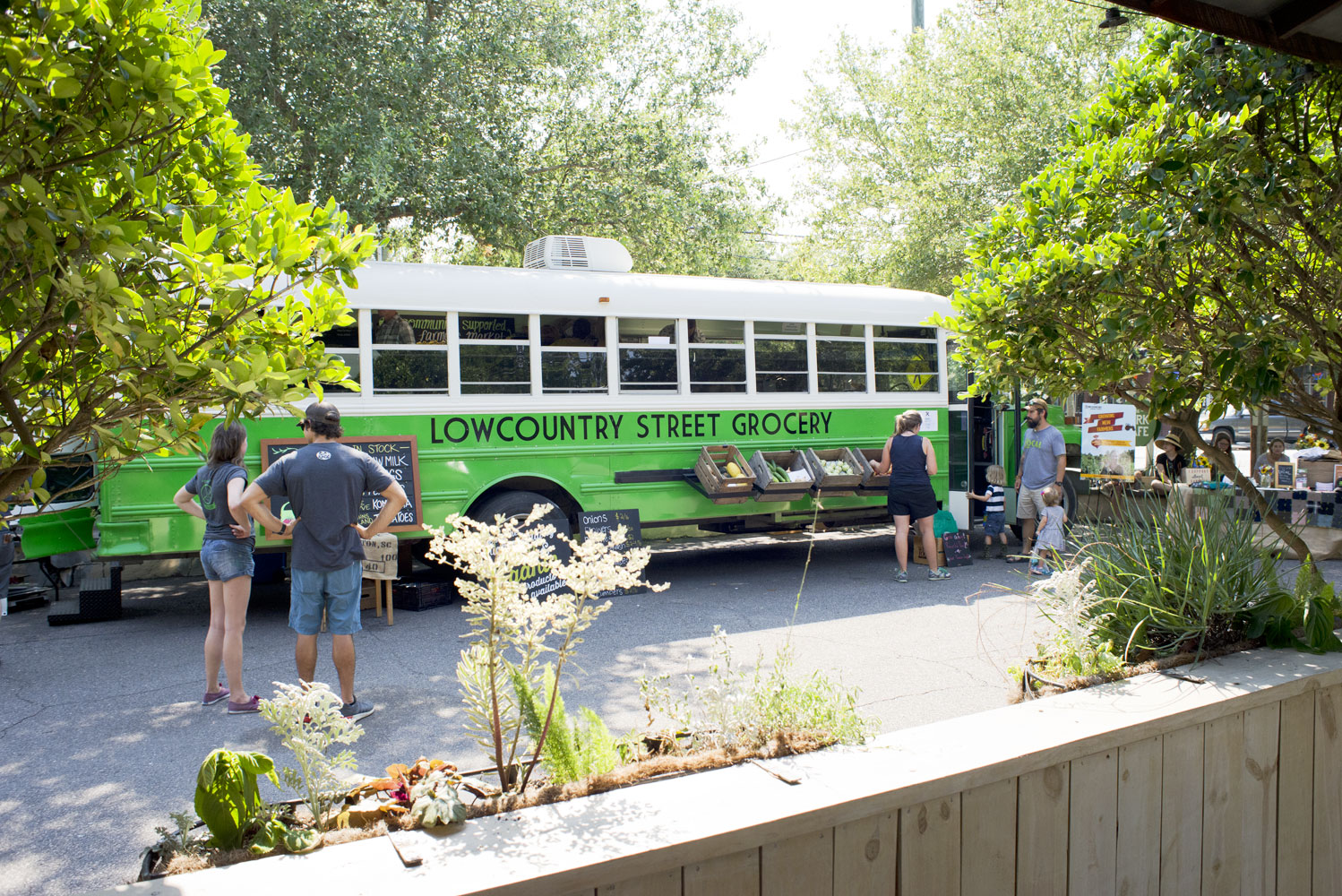


The work of Aurora Robson and Chris Jordan are disparate, but they both leave an impact. They open up audiences’ eyes to the magnitude of the amount of plastics being discarded and the overarching consequences it is having on our environment. Coral acidification, animal suffering, and air pollution–just to name a few. The experience of their artwork left me searching for ways to reduce my plastic use. It also urged me to search for ways to nurture our Earth, analyzing our systems of sustainability as a whole.
We easily recognize our plastic consumption when it comes to packaged food, but more significant threats against sustainability are usually ones we do not see. Industrial farming practices, for instance, tend to produce huge amounts of food without concern of long term consequences. Through the system of monoculture, growing a single crop on a large scale, soil nutrients are quickly depleted. Many industrialized systems fail to replenish these nutrients, and as the soil grows weaker year after year, it begins to erode. Without healthy soil, farms are extremely reliant on chemical inputs like fertilizers and pesticides. The water runoff from these synthetic inputs leads to increased global warming emissions. Then, additional emissions are released in the form of carbon dioxide as loads of produce travel cross-country to your grocery store. These harmful processes result in major damage to our health and the well-being of wildlife while expending huge amounts of water and energy.
A great alternative to these unsustainable practices is choosing local. Many local farmers abide by organic and sustainable practicing. At the heart, ‘organic’ means giving back what is taken away. By supporting a well-established soil base, farmers are able to limit extra fertilizers and pesticides. Through avoiding synthetic inputs, local farming avoids harm to the food system. Not to mention that this method is much healthier, tastes better, and supports our local economy.
Charleston organizations like Lowcountry Local First and Lowcountry Street Grocery make choosing local easy and accessible. Lowcountry Local First runs programs which support their Good Farming initiative, including their Growing New Farmers Program. This program gives people an opportunity to join the local food system through curriculum based instruction and hands on experience; creating Charleston farmers who care about giving back. Lowcountry Street Grocery, founded and directed by College of Charleston alum Lindsey Barrow Jr., brings this local produce across our community in his revamped retro bus.

Lowcountry Street Grocery Bus. Photo: http://www.lowcountrystreetgrocery.com/the-bus/
Reversing our reliance on plastics and harmful practices is a tall order and is best addressed in small changes across the board. It starts with thinking of ways that we may be unconsciously contributing to the waste stream and addressing those missteps. So next time that you stock up on produce consider new sources. Sign up for the Eat Local Challenge at Lowcountry Local First and shift $10 of your weekly grocery budget to local sources or stop by Lowcountry Street Grocery and craft a meal exclusively from your farmer’s market haul.
Let the art of Aurora Robson and Chris Jordan inspire you to invest your time, energy, and money into organizations, causes, and products that you can feel good about. If we all make small changes, soon we will Sea Change.
by Celeste Caldwell, Halsey Institute intern